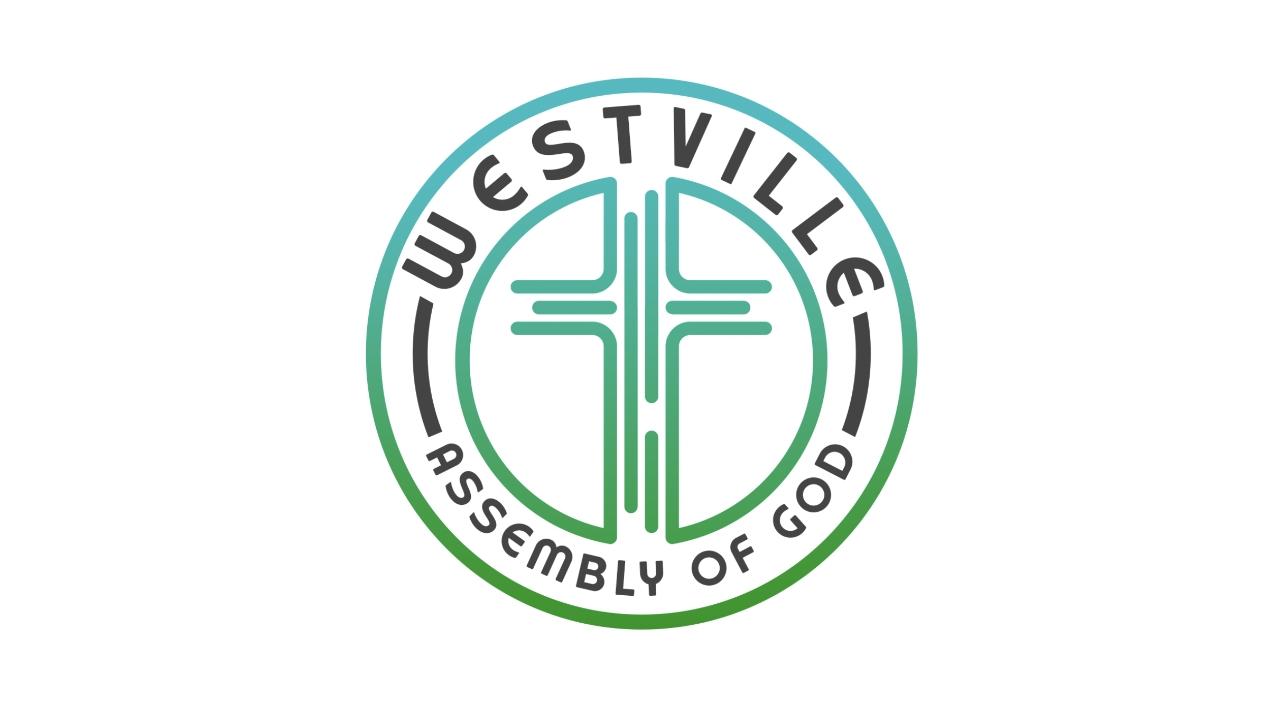Habakkuk 1:12-17 NLT
[12] O LORD my God, my Holy One, you who are eternal- surely you do not plan to wipe us out? O LORD, our Rock, you have sent these Babylonians to correct us, to punish us for our many sins. [13] But you are pure and cannot stand the sight of evil. Will you wink at their treachery? Should you be silent while the wicked swallow up people more righteous than they? [14] Are we only fish to be caught and killed? Are we only sea creatures that have no leader? [15] Must we be strung up on their hooks and caught in their nets while they rejoice and celebrate? [16] Then they will worship their nets and burn incense in front of them. “These nets are the gods who have made us rich!” they will claim. [17] Will you let them get away with this forever? Will they succeed forever in their heartless conquests?
Habakkuk 2:1 NLT
[1] I will climb up to my watchtower and stand at my guard post. There I will wait to see what the LORD says and how he will answer my complaint.
We now come to Habakkuk’s second complaint. He makes a three-point complaint to God. First, he understands Israel is to be punished by the Babylonians, but he also is concerned about just how much punishment God will bring to bear on Israel. He asks if God would surely not completely destroy Israel and kill them all.
The second part of his complaint asks a question about whether or not God will allow evil people to destroy those who ate more righteous than they are. He wants to know if the conquering evil nation will be allowed to continually work their evil against Israel. He compares Israel to fish being caught in a net, just to be hung up on hooks for slaughter and consumption.
Then he reminds God that should that happen, the Babylonians would look to their nets, which represent their power to wage war, as their gods. He says they would claim their success and prosperity come from their own might.
He begins to wrap up his complaint by asking a second time, “Will you let them get away with this forever?” Even though God had hinted in His first response that Babylon would eventually fall because of their pride, Habakkuk is not yet convinced that their evil would be cut short by their own punishment. Habakkuk then states he would go stand at his guard post in his watchtower and wait for God to answer his questions.
If we followers of Jesus today begin to realize God may punish our land’s evil through another country’s actions, we very well could wonder the same things Habakkuk wonders in this lesson. Will God wipe us out in order to punish us? Will God not punish the evil in the other country, too? Will God allow the evil that works against our land to last for a long time?
I wonder how many of us would be willing to go to the place we are supposed to use to watch out for danger and just stay there until God answers our questions.
